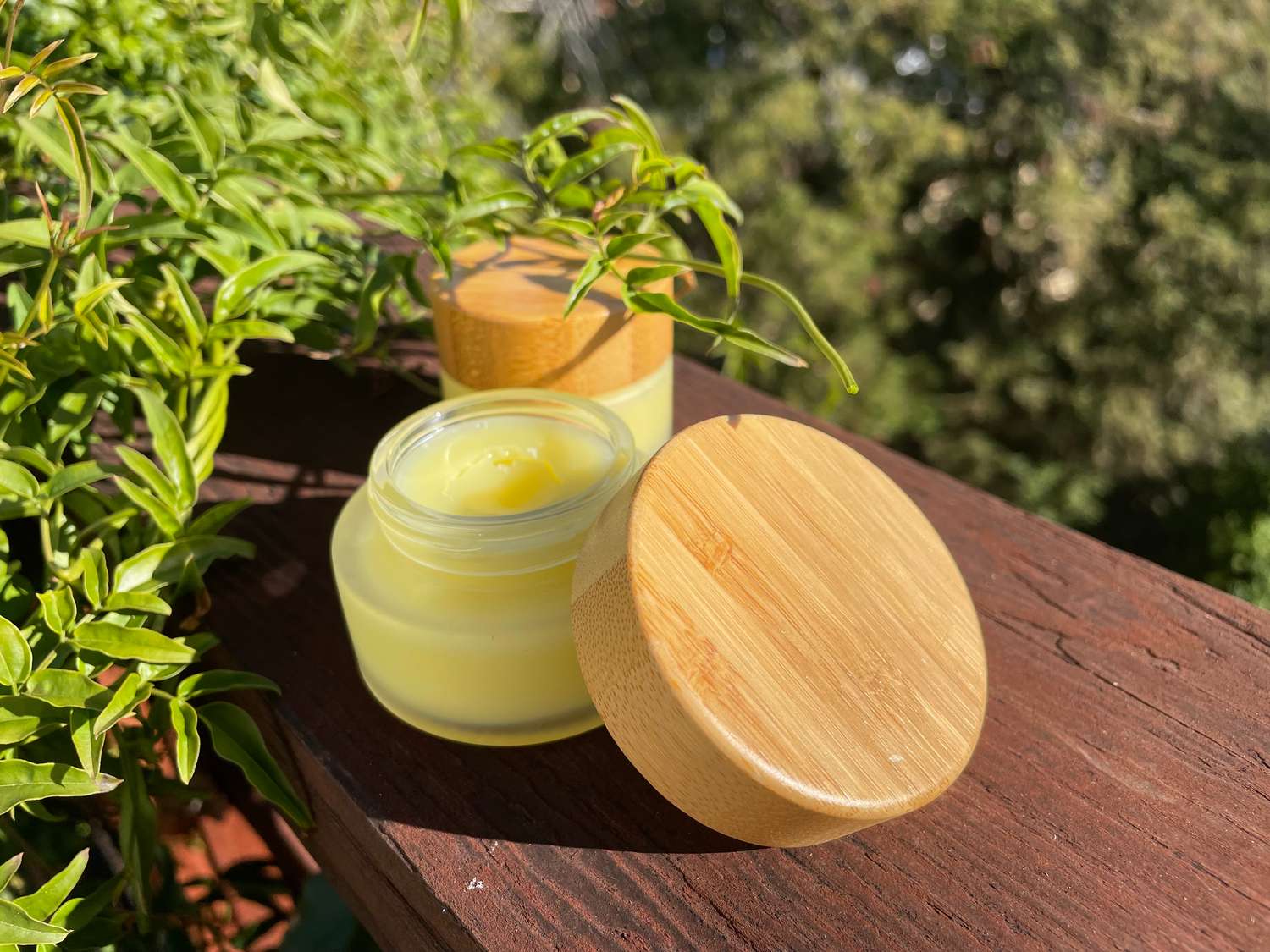Will Consumers Pay a Premium for Sustainable Products?
As consumers become more environmentally and socially conscious, they are increasingly looking for products that align with their values. This includes cosmetics, as many people are willing to pay more for sustainable and ethical products.
There are several reasons why customers may be willing to pay more for sustainable cosmetics. First and foremost, many people are willing to pay a premium for products that align with their values and beliefs. For example, someone passionate about animal rights may be willing to pay more for cruelty-free cosmetics, even if similar products are available at a lower price point.
Additionally, consumers may be willing to pay more for sustainable cosmetics because they believe these products are of higher quality. The perception of natural and organic ingredients is as being healthier and safer for the skin, and many people are willing to pay a premium for these types of products.
Sustainable cosmetics can also be seen as a luxury item, as they often come with a higher price tag due to the cost of sourcing and producing high-quality, natural ingredients. Many consumers are willing to splurge on luxury items, and sustainable cosmetics may appeal to those looking for a luxurious and indulgent experience while supporting environmentally responsible practices.
However, it's important to note that not all consumers are willing to pay more for sustainable cosmetics. Price is still a significant factor for many shoppers, and some may be unwilling to pay a premium for eco-friendly products. Additionally, some consumers may need to be made aware of the benefits of sustainable cosmetics or may not see the value in paying more for them.
Some things could be improved about sustainable cosmetics that may discourage some consumers from buying them. For example, some people believe sustainable cosmetics are less effective than conventional products or have fewer options. However, this is only sometimes true, as many sustainable cosmetics brands offer a wide range of high-quality and effective products.
To appeal to consumers who may be hesitant to pay more for sustainable cosmetics, companies can focus on educating their customers about these products' benefits and the values they represent. This can include highlighting the natural and organic ingredients used, the eco-friendly packaging, and the cruelty-free practices of the brand.
Companies can also focus on offering products at different prices to appeal to a broader range of customers. This can include offering high-end, luxury products and more affordable options that still adhere to sustainable practices.
In conclusion, while not all consumers are willing to pay more for sustainable cosmetics, a significant portion of the market is willing to do so. These consumers may be motivated by a desire to align their purchasing choices with their values, the perceived higher quality of sustainable products or a desire for a luxurious and indulgent experience. Companies that can effectively communicate the values and benefits of their sustainable cosmetics can appeal to this market segment and differentiate themselves from competitors.

